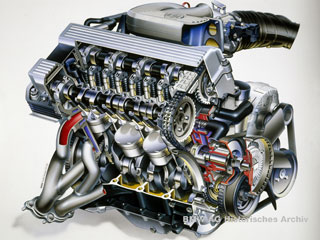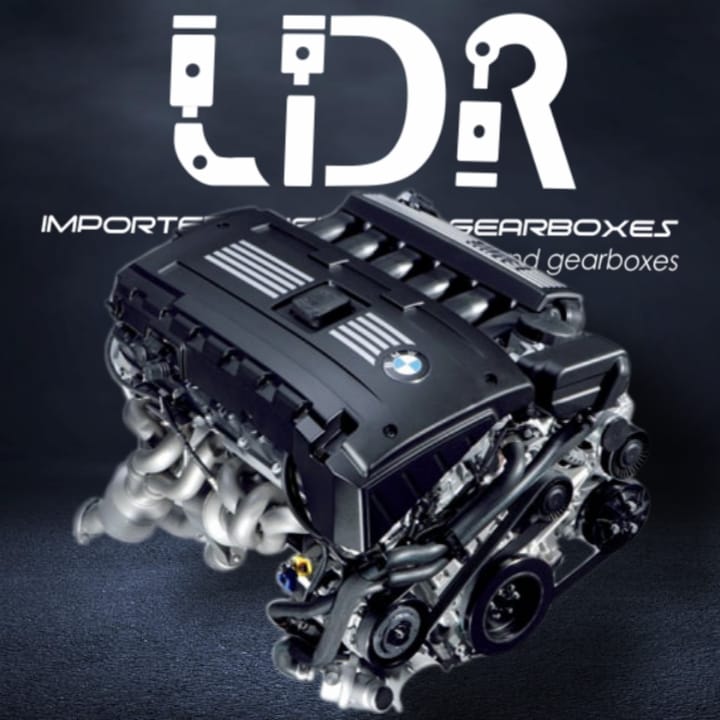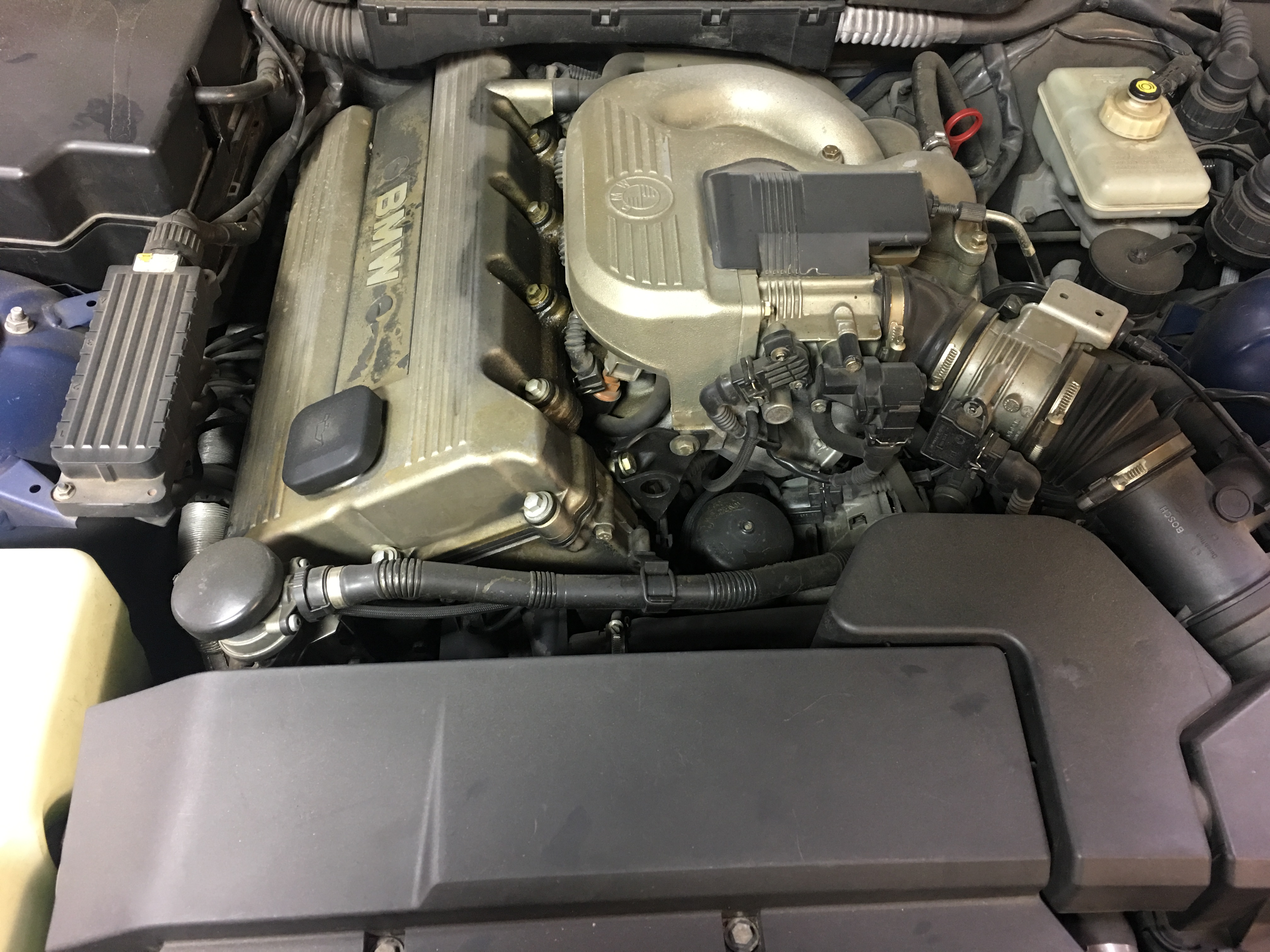Key Functions to Seek When Purchasing an Engine for Automotive Applications
When taking into consideration the acquisition of an engine for automotive applications, numerous crucial attributes necessitate careful assessment to make sure optimum efficiency and functionality. From power and performance abilities to fuel effectiveness, sturdiness, and adherence to discharges criteria, each element plays an important duty in identifying the engine's suitability for certain automotive needs.
Power and Performance
When picking an auto engine, buyers prioritize power and efficiency to make certain optimum driving experience and efficiency. The power result of an engine, frequently determined in horse power (HP) or kilowatts (kW), determines the velocity, leading rate, and overall capabilities of a vehicle. Higher power scores typically lead to quicker acceleration and much better efficiency, particularly throughout surpassing or lugging hefty lots. Performance, on the various other hand, encompasses a broader spectrum of qualities, including fuel effectiveness, discharges, dependability, and overall driving dynamics. A well-performing engine not only supplies power successfully but additionally runs efficiently throughout different speed arrays and driving problems.
Purchasers often take into consideration the engine's torque outcome together with its power rating. Torque, gauged in pound-feet (lb-ft) or Newton-meters (Nm), shows the engine's rotational force, affecting the automobile's capacity to tow, climb inclines, and increase from dead stop. An equilibrium in between power and torque is essential for attaining a functional and responsive driving experience. Additionally, aspects such as engine turbocharging, crossbreed, and displacement innovations play significant duties in enhancing both power and efficiency levels. Eventually, selecting an engine that supplies a potent mix of power and performance makes sure a gratifying and reliable driving experience. bmw 318ti.
Gas Performance
Optimizing gas effectiveness is a critical consideration for customers when examining automobile engine alternatives. The efficiency of an engine directly impacts operating expenses and environmental footprint. One key aspect influencing fuel efficiency is the engine's layout and modern technology. Modern engines with functions like direct gas injection, turbocharging, and variable shutoff timing can significantly improve gas effectiveness by enhancing burning processes and lowering energy loss. Furthermore, the total weight of the engine and car, along with the aerodynamics, play important duties in establishing gas usage.

Resilience and Integrity
Achieving durable efficiency and reliable operation is crucial for customers assessing the durability and integrity of vehicle engines. When considering an engine for auto applications, resilience describes the engine's capability to withstand wear, stress and anxiety, and extreme operating conditions over a prolonged period. Integrity, on the other hand, suggests that the engine can consistently do its desired function without unforeseen breakdowns or failings.
Customers ought to try to find engines my website constructed with top notch products and accurate design to make certain long life. Parts such as pistons, crankshafts, and bearings need to be durable to manage the engine's power result without premature wear. Furthermore, engines furnished with innovative cooling systems, efficient lubrication, and durable purification devices have a tendency to display higher levels of dependability.
Normal upkeep and adherence to producer recommendations are also critical elements in maintaining an engine's toughness and dependability. By complying with maintenance timetables, utilizing suggested fluids, and resolving any type of issues without delay, consumers can make the most of the life expectancy and efficiency of their vehicle engines. Eventually, focusing on resilience and integrity in engine choice can lead to an extra enjoyable possession experience with fewer unforeseen interruptions.
Emissions Conformity
Making sure compliance with emissions regulations is a crucial aspect of assessing automobile engines for environmentally aware consumers. With enhancing concerns concerning air high quality and environmental influence, stringent emissions criteria have actually been implemented globally to decrease unsafe contaminants released right into the environment. When purchasing an engine for vehicle applications, it is vital to consider its emissions compliance to minimize the carbon impact and stick to lawful requirements.
Modern engines are outfitted with sophisticated emission control modern technologies such as catalytic converters, exhaust gas recirculation (EGR) systems, and discerning catalytic reduction (SCR) to lower dangerous exhaust gases like nitrogen oxides (NOx), carbon monoxide gas (CO), and hydrocarbons (HC) These systems play an important duty in making certain that the engine meets the defined emissions requirements and runs within acceptable limits.

Cost-effectiveness
When considering automotive engine acquisitions, evaluating cost-effectiveness is paramount for consumers seeking both performance and worth. It incorporates the total expenditures connected to upkeep, fuel consumption, and potential repairs over the engine's life-span.
Engines that are created to take you could try these out full advantage of gas economic climate can lead to substantial financial savings over time, particularly for people who drive often or over lengthy distances. bmw 318ti. In addition, thinking about the schedule and cost of extra parts and maintenance can add to the general cost-effectiveness of an engine.

Verdict
To conclude, when buying an engine for vehicle applications, it is crucial to think about crucial attributes such as power and performance, fuel performance, reliability and sturdiness, exhausts conformity, and cost-effectiveness. These variables are essential in guaranteeing that the engine satisfies the demands of the car and operates efficiently in different driving conditions - bmw 318ti. Making an informed decision based on these standards will inevitably lead to a effective and reliable automobile engine purchase
From power and performance capacities to sustain adherence, effectiveness, and sturdiness to exhausts requirements, each element plays an essential duty in establishing the engine's suitability for specific auto requirements. Engines developed to run on alternative gas such as electric power, hybrid systems, or biofuels can supply enhanced fuel economic situation and lower emissions contrasted to traditional fuel or diesel engines. Consumers need to very carefully consider the gas efficiency rankings and innovations incorporated right into automobile engines to make enlightened getting decisions that straighten with their priorities for price savings and sustainability.
When thinking about an engine for automotive applications, toughness refers to the engine's ability to stand up to wear, stress, and extreme operating conditions over a prolonged period.In verdict, when purchasing an engine for automotive applications, it is important to think about key features such as power and performance, fuel resilience, efficiency and dependability, exhausts conformity, and cost-effectiveness.
Comments on “BMW 318ti: A Comprehensive Overview to This Compact Powerhouse”